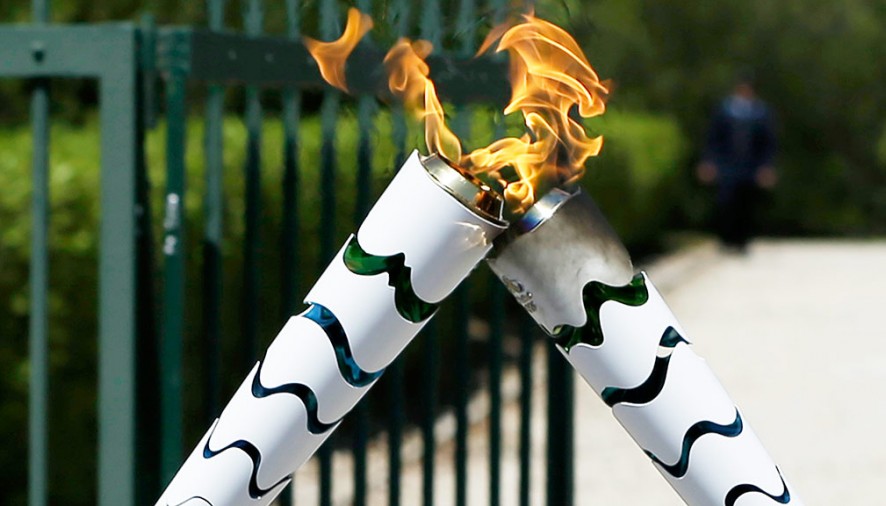This summer, no matter where you went or what you found yourself doing, you’d have been hard pressed to miss the plethora of sporting prowess that we have been treated to. No more so than with the 2016 Rio de Janeiro Olympic Games, which proved to be Britain’s most successful since 1908; achieving a combined total of 67 medals and managing to beat China into finishing 2nd overall. This has truly been a sporting summer to be proud of (especially if we ignore the debacle of England’s failed attempt at football glory…). However, the long-term future of the summer Olympics Games has been cast into doubt following recent research by climate scientists.
The impacts of climate change on human health, from increases in extreme weather events, heat waves and flooding, have been well documented – but how this then applies to our everyday lives is of great concern. This has prompted researchers from the University of California, Berkeley, to couple climate models with human body heat stress measures, ascertaining which cities would be suitable for hosting future summer Games without causing serious risk to competing Olympians. Their analysis suggests that by 2085, of the 645 cities located in the northern hemisphere, only 5% would have suitable temperature and humidity levels to safely hold the Olympic endurance events. Either the vast majority of the world’s cities would be ineligible to hold the Olympic Games or that events, like the marathon and triathlon, would have to be cancelled or held indoors.
One of the key goals of the International Olympic Committee is to contribute to a peaceful and better world by educating youth with a specific focus on combatting social inequalities and poverty. This can only be achieved if the events engage with the residents of a host city. During the Rio Olympics, one of the most successful events to engage with the locals was the triathlon; where tens of thousands of Brazilians took to the street’s to witness former University of Leeds students, Alistair and Jonny Brownlee, dominate the event – winning gold and silver, respectively. Now imagine the Olympics without those scenes of adulation, exhaustion and, of course, Leeds finest. Doesn’t feel right does it?
Outside of western Europe, in areas where inequality can be at its greatest, climate change is set to have the biggest impact – only a meagre 8 cities would be suitable to hold the games in 2085. The ramifications of a changing climate are further highlighted by the researchers calculations, which propose that Tokyo, Madrid and Istanbul – the cities that bid for the 2020 Games – would not be deemed fit to host the Olympics in 2085. If the results of this research prove to be correct, then climate change will directly inhibit the very philosophy of the Games. If the success of the summer Olympics is to be continued, positively impacting on future generations while giving us something to watch during the summer holidays, then combatting climate change will become a necessity.
Dougie Philips
Science Editor
(Image courtesy of AP Photo/Thanassis Stavrakis)

